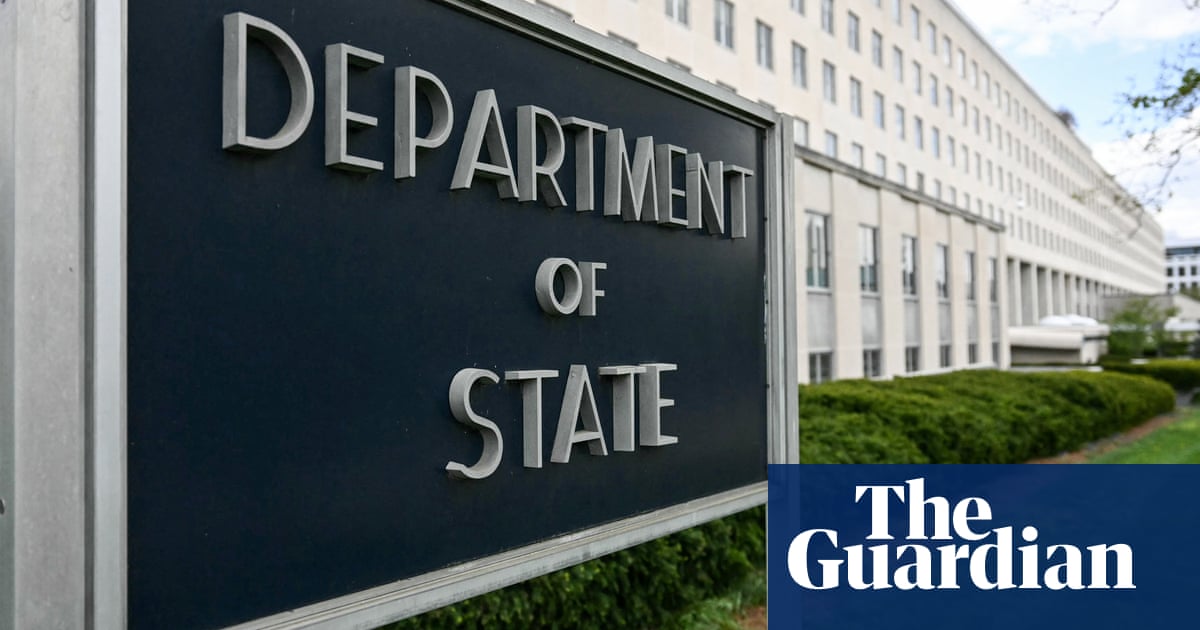All 12 members of the prestigious Fulbright program’s board have reportedly resigned in protest of what they describe as unprecedented political interference by theTrump administration, which has blocked scholarships for nearly 200 American academics.
The board, according to a memoobtained by the New York Times, accused the state department of acting illegally by cancelling awards already approved for professors and researchers due to travel overseas this summer, following a year-long selection process that concluded over the winter.
The administration is also reviewing applications from approximately 1,200 foreign scholars already approved to study in the US, potentially disrupting exchanges that were due to begin with acceptance letters in April.
“We believe these actions not only contradict the statute but are antithetical to the Fulbright mission and the values, including free speech and academic freedom, that Congress specified in the statute,” the board’s members wrote intheir resignation letter.
The mass resignation represents a significant escalation in tensions between the Trump administration and academic institutions. The White House has been systematically targeting higher education, with 45 universitiescurrently under investigationas part of Trump’s anti-DEI crackdown, including dozens of state schools and two Ivy League institutions.
The administration has also been freezing federal funding to major universities, with more than $1bn in funding frozen for Cornell University, almost $800m for Northwestern University, and $8.7bn in federal grants and contracts under review for Harvard University.
Now, secretary of state Marco Rubio isreportedly consideringwhether Harvard should be investigated for violating federal sanctions by collaborating on a panel with Chinese officials blacklisted by the US government.
According to sources who spoke anonymously to the New York Times, the department’s public diplomacy office has begun sending rejection letters to scholars based primarily on their research topics. Areas of study reportedly targeted include climate change, migration, gender studies, race and ethnicity, and various scientific disciplines.
The public diplomacy office is headed by Darren Beattie, a political appointee previously dismissed from the firstTrump administrationafter speaking at a conference attended by white nationalists.
The board also raised concerns about proposed budget cuts that would slash funding for educational and cultural affairs from $691m to $50m.
“Injecting politics and ideological mandates into the Fulbright program violates the letter and spirit of the law that Congress so wisely established nearly eight decades ago,” the board concluded in their letter.
